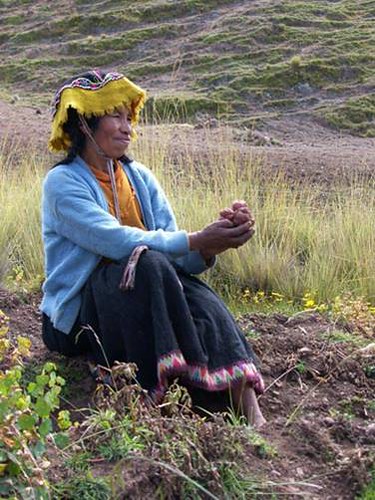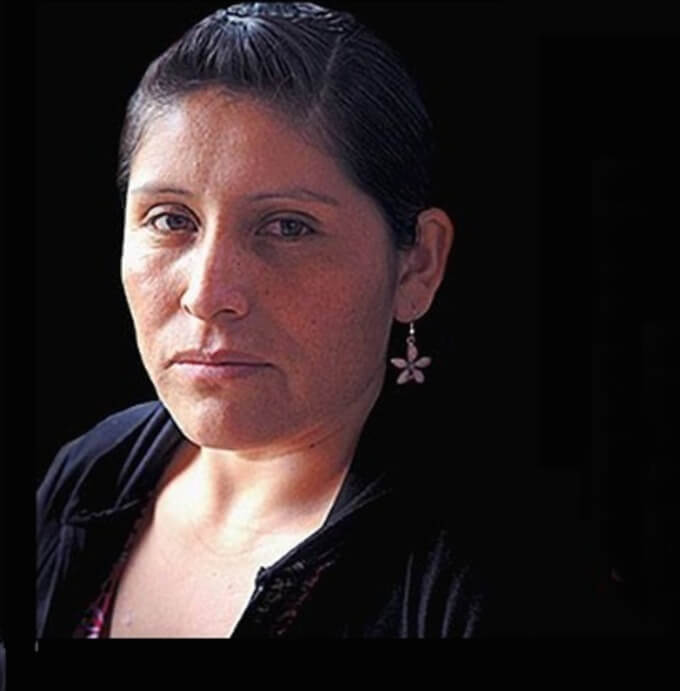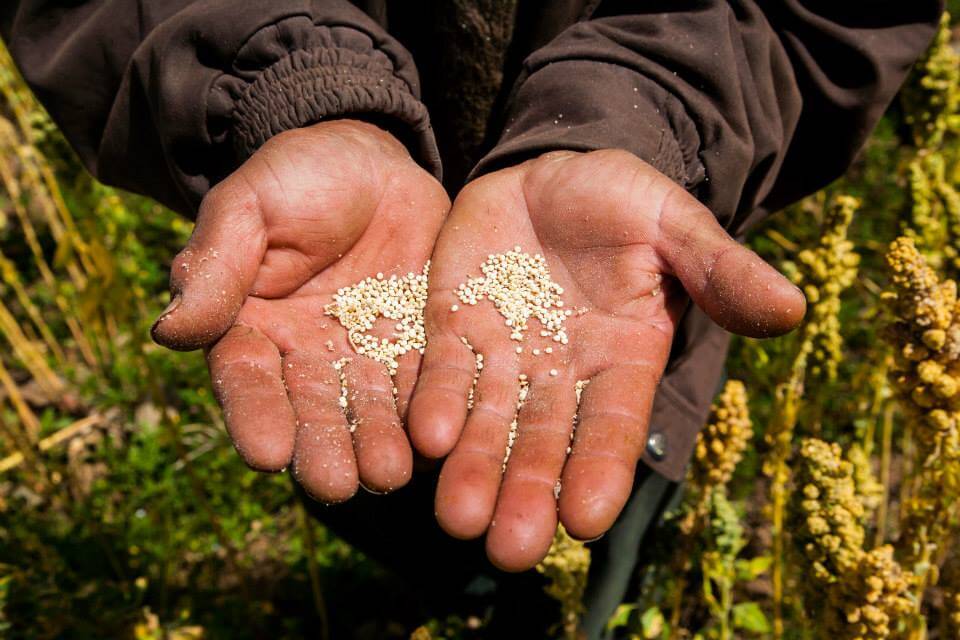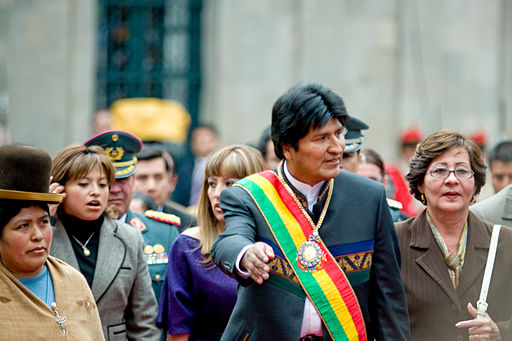 Quechuas (also Runakuna, Kichwas, and Ingas) is the collective term for several indigenous ethnic groups in South America who speak a Quechua language (Southern Quechua mainly), belonging to several ethnic groups in South America, especially in Peru, Ecuador, Bolivia, Chile, Colombia and Argentina.
Quechuas (also Runakuna, Kichwas, and Ingas) is the collective term for several indigenous ethnic groups in South America who speak a Quechua language (Southern Quechua mainly), belonging to several ethnic groups in South America, especially in Peru, Ecuador, Bolivia, Chile, Colombia and Argentina.
The Quechuas of Ecuador call themselves as well as their language Kichwa – Kichwas or Quichuas. In Colombia, the Kichwa-speaking group calls themselves the Ingas. Other Quechua speakers call themselves Runakuna (“People”; in Junín and parts of Ancash, Peru: Nunakuna; singular: Runa or Nuna).
The speakers of Quechua, who total some 9-14 million people in Peru, Bolivia, Ecuador, Chile, Colombia and Argentina, have so far only slightly developed a common sense of identity. The various Quechua dialects are in some cases so different that no mutual understanding is possible. Quechua was not only spoken by the Incas, but in some cases also by long-term enemies of the Inca Empire. These include the Huanca (Wanka is a Quechua dialect spoken today in the Huancayo area) and the Chanka (the Chanca dialect of Ayaqcucho) of Peru, and the Kañari (Cañar) in Ecuador. Quechua was spoken by some of these peoples, for example, the Wanka, before the Incas of Cusco, while other peoples, especially in Bolivia but also in Ecuador, adopted Quechua only in Inca times or afterward.
However, despite their ethnic diversity and linguistic distinctions, the various Quechua ethnic groups have numerous cultural characteristics in common. They also share many of these with the Aymara, or other indigenous peoples of the central Andes.
Description adapted from Wikipedia’s article on the Quechua People




